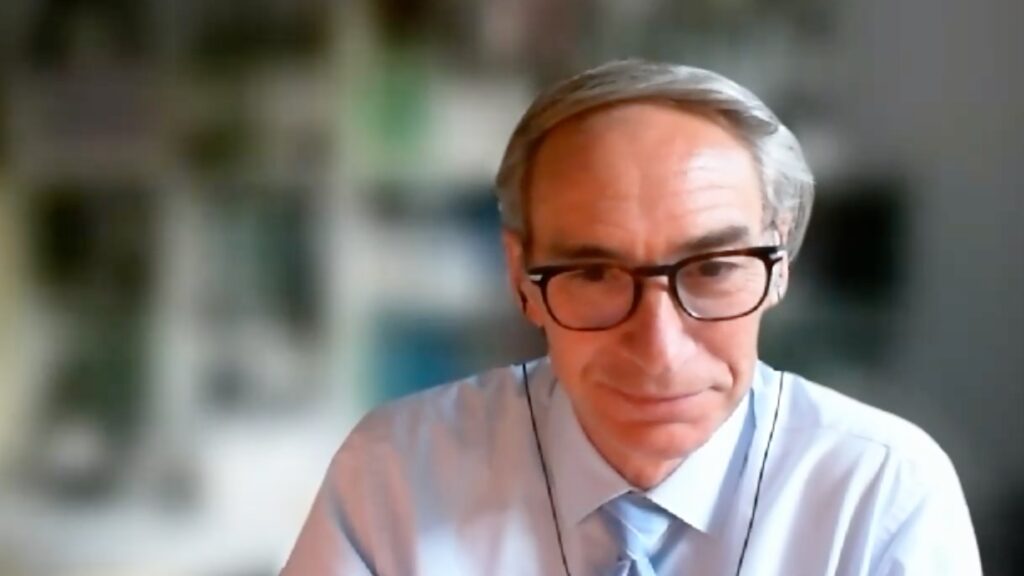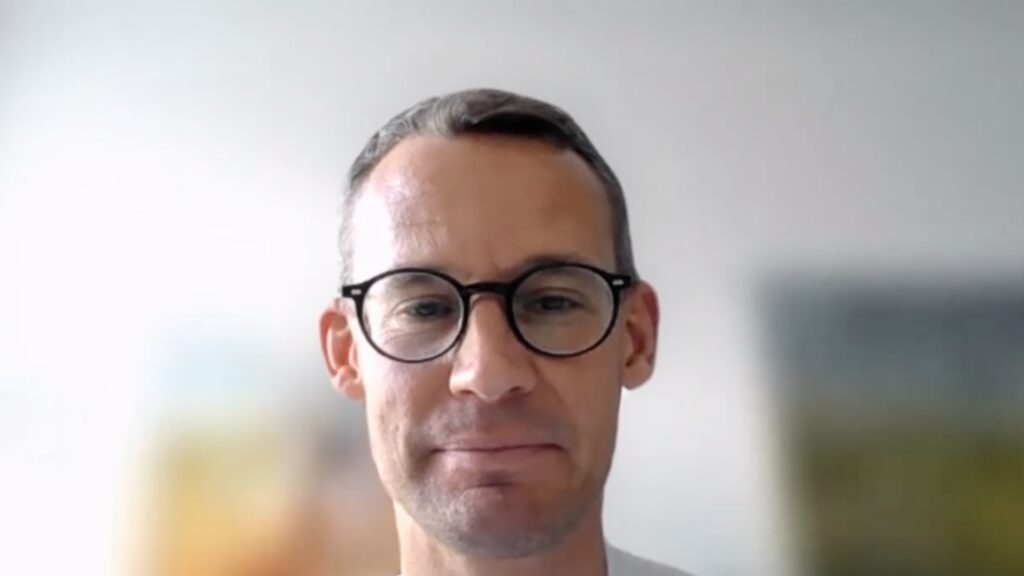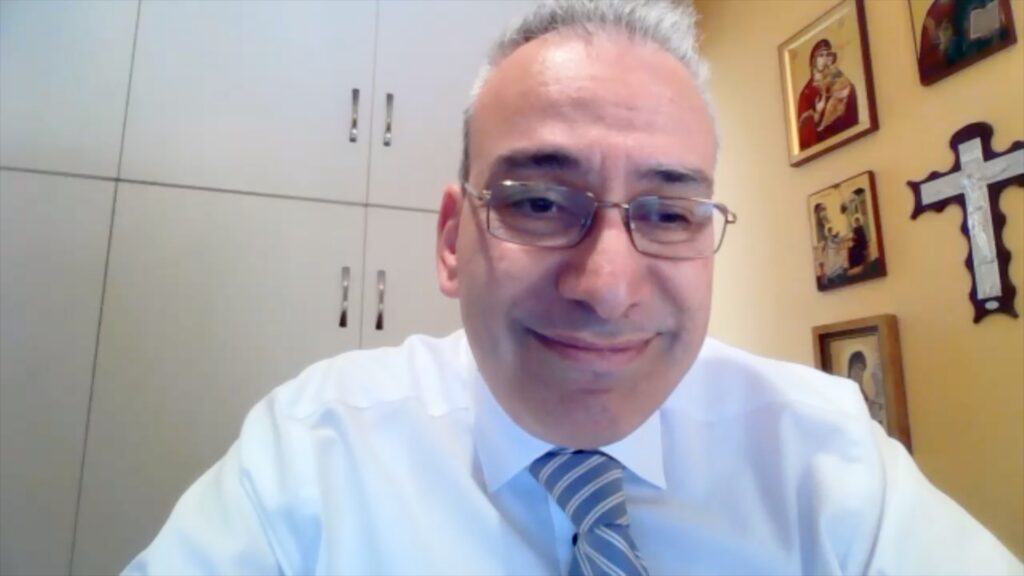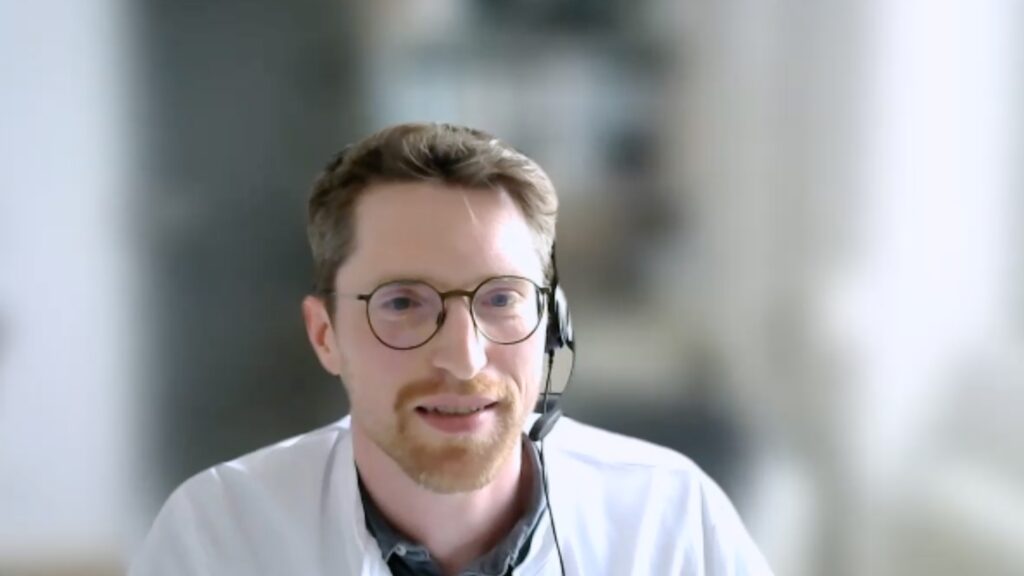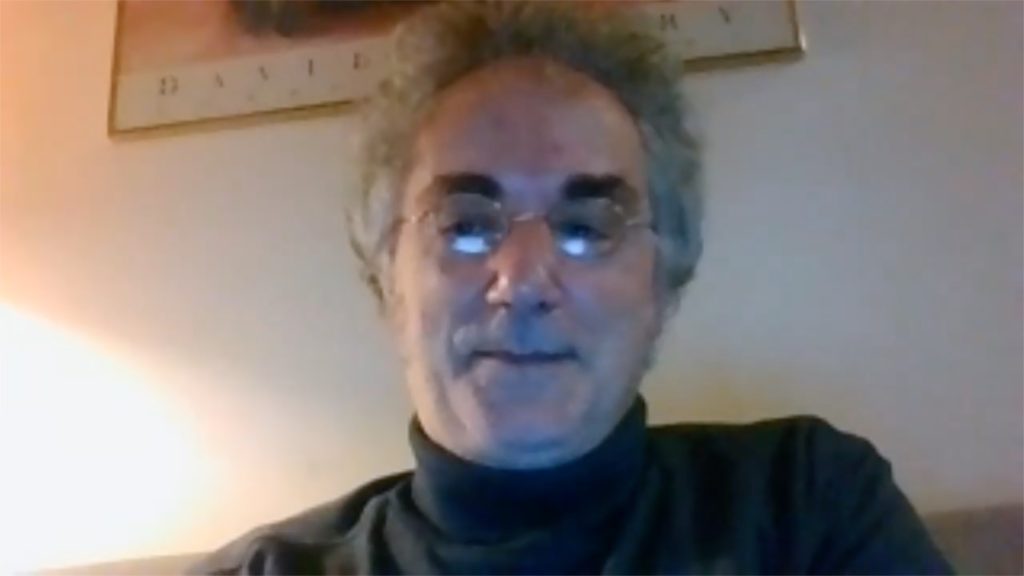
“Europe remains committed to the global fight to end polio once and for all”
Polio may be a distant memory for many in Europe, but the virus is far from gone. New data reveal that vaccine-derived poliovirus type 2 (VDPV2) was detected in wastewater samples across five European countries between September and December 2024.1 While Europe remains free of endemic polio, these findings highlight the ongoing risk of imported cases, especially in communities with low vaccination coverage.
The detected VDPV2 strains are genetically linked to a lineage first identified in Nigeria in 2020, which has since spread to multiple countries.1 Genetic sequencing suggests that the virus circulated undetected for about a year before appearing in Europe. Interestingly, the wide genetic variation among isolates indicates multiple independent importation events rather than a single transmission chain.
So far, no evidence suggests that the virus is spreading widely within Europe. However, past outbreaks in Ukraine, Israel, and the UK show that imported poliovirus can take hold in under-vaccinated populations, leading to cases of paralysis. In 2022 and 2023, poliovirus was detected in North America and Europe, with two paralytic cases reported in unvaccinated individuals.1
Although most European countries maintain high national immunization rates, gaps remain. Sub-national disparities leave some unvaccinated communities vulnerable, and an estimated 2.4 million children in the EU/EEA may have missed their full polio vaccination in the past decade.1
The path to eradication remains uncertain. The increasing global spread of polioviruses and recent detections in Europe highlight the fragility of progress. The European Immunization Agenda 2030 and the Global Polio Surveillance Action Plan 2025–2026 stress the need for strong surveillance, rapid outbreak response, and sustained vaccination efforts. The European Centre for Disease Prevention and Control (ECDC) and World Health Organizatio (WHO) continue to support public health authorities in surveillance, genetic tracking, and risk communication to prevent resurgence. Europe must remain fully committed to protecting its polio-free status and contributing to global eradication efforts.1
Reference
- Rendi-Wagner P, Kluge H. Poliovirus detections in Europe – urgent action needed to keep Europe polio-free. Euro Surveill. 2025;30(4):pii=2500076. https://doi.org/10.2807/1560-7917.ES.2025.30.4.2500076
Disclosures: This article was created by the touchINFECTIOUS DISEASES team utilizing AI as an editorial tool (ChatGPT (GPT-4o) [Large language model]. https://chat.openai.com/chat.) The content was developed and edited by human editors. No funding was received in the publication of this article.
SIGN UP to touchINFECTIOUS DISEASES!
Join our global community today for access to thousands of peer-reviewed articles, expert insights, and learn-on-the-go education across 150+ specialties, plus concise email updates and newsletters so you never miss out.
Click here to REGISTER NOW >>>







